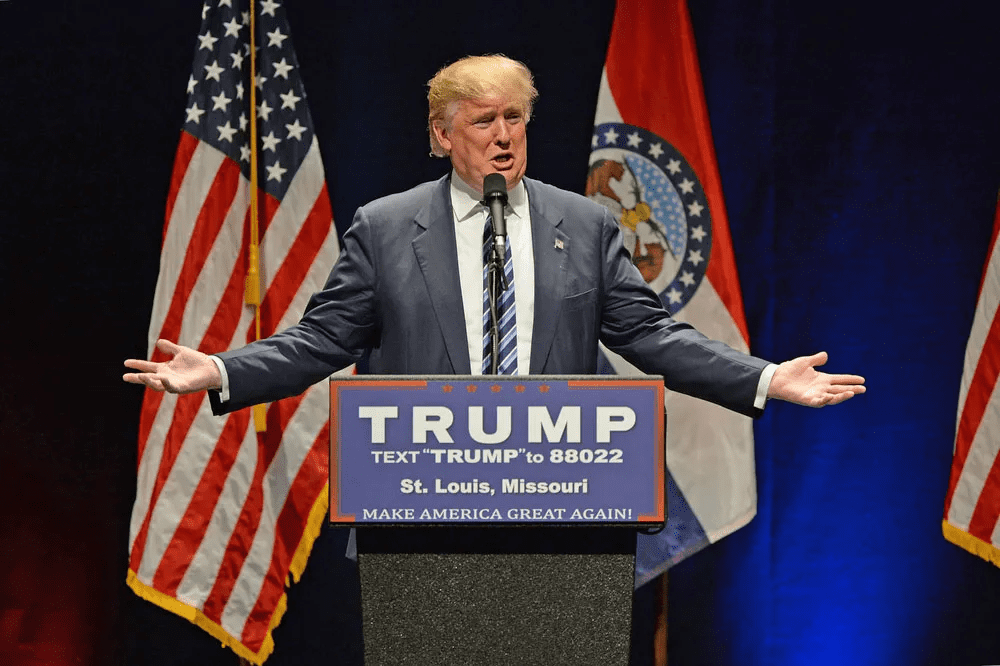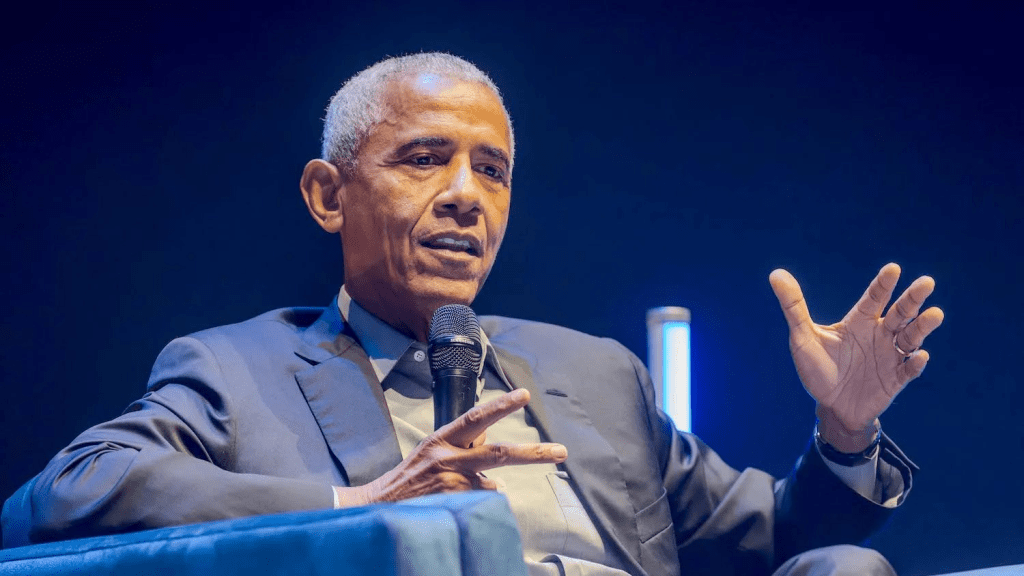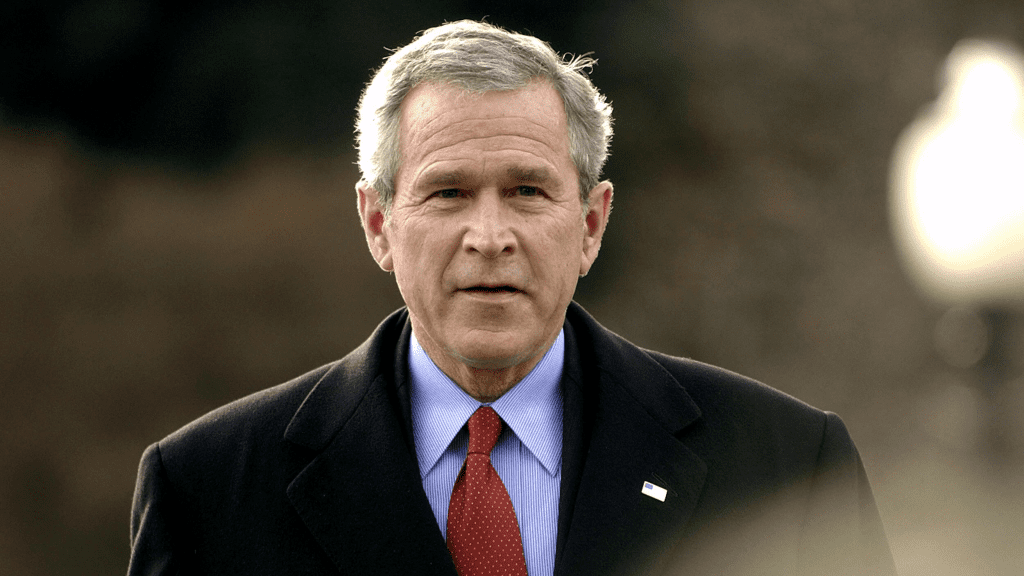On His 250th Day in Office, Donald Trump’s Approval Rating Surpasses Obama and Bush at the Same Point — But New Polls Tell a Different Story
There are moments in politics that feel like a scoreboard update, the kind that sparks celebration in one camp and disbelief in another. One of those moments arrived with the claim that President Donald Trump, on the 250th day of his second term, is now more popular than Barack Obama and George W. Bush were at the same point in their presidencies. According to data from RealClearPolitics, Trump’s approval rating at this stage puts him ahead of both of his predecessors. For his supporters, it was another chance to declare that “the attacks failed,” a defiant reminder that after years of investigations, controversies, and nonstop criticism, Trump still has a strong base that refuses to be shaken.

But like most things in American politics, the truth is a little more complicated. Another poll released just days earlier by YouGov and The Economist tells a very different story, showing Trump at a record low of 39 percent approval for his second term. That figure paints a bleaker picture and highlights the strange way polls can tell different stories depending on who asks the questions and how they’re asked. While RealClearPolitics often averages data from multiple sources, some critics argue that its snapshots can be selective, elevating one perspective while downplaying others.

The contrast is striking when you put Trump’s numbers side by side with history. Back in 2013, Barack Obama’s approval ratings hovered in the mid-40s, sometimes reaching close to 50 percent during the same stage of his second term, according to Gallup. George W. Bush’s story was different. By his second term, his ratings had slipped to around 40 percent, weighed down by the war in Iraq and domestic frustrations. Polling from 2009 reflected a presidency under pressure but with a hint of rebound in how people looked back later. Trump’s current standing seems to echo Bush’s struggles more than Obama’s steadiness, though the RealClearPolitics comparison paints it as an outright win for Trump.

It’s important to remember that approval ratings are not just numbers. They are shaped by the media narratives of the moment, by partisan loyalty, and by the mood of the public in ways that cannot always be measured. A 2019 study published in the American Political Science Review pointed out how deeply polarization and framing affect presidential approval. That study suggested that in a climate as divided as today’s America, approval ratings are less about evaluating leadership and more about expressing identity. For Trump, that works both ways: his critics are entrenched in disapproval, while his base is locked into loyalty no matter what storms come his way.

The larger question is what these conflicting numbers really mean. If you trust the RealClearPolitics snapshot, Trump has defied the odds and remains stronger than both Obama and Bush at this stage, a feat his supporters see as proof that he thrives under pressure. If you lean on the YouGov/Economist poll, the story is one of decline and growing disillusionment as his second term rolls on. Both cannot be entirely correct, but both reflect a piece of the truth about the unique, polarizing presence Trump brings to the presidency.
At the heart of it all, this moment feels like another chapter in the never-ending tug of war over Trump’s legacy. His allies will share the RealClearPolitics numbers with pride, insisting he has outperformed two past presidents despite relentless opposition. His critics will point to the YouGov poll as evidence of fatigue and frustration setting in. The truth, as always, probably lies somewhere in between, shaped by a nation still split down the middle on how it feels about Donald Trump.
What is undeniable is that approval ratings, whether high or low, will continue to be used as ammunition in the political battles ahead. For Trump, that may be just fine. He has always thrived on being underestimated by his opponents and cheered by his base. And as this latest clash over numbers shows, his presidency remains as polarizing, unpredictable, and fiercely debated as ever.



